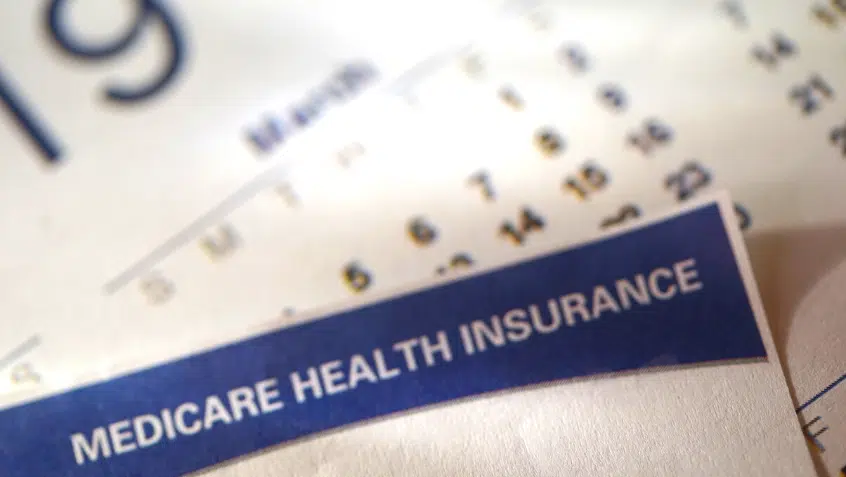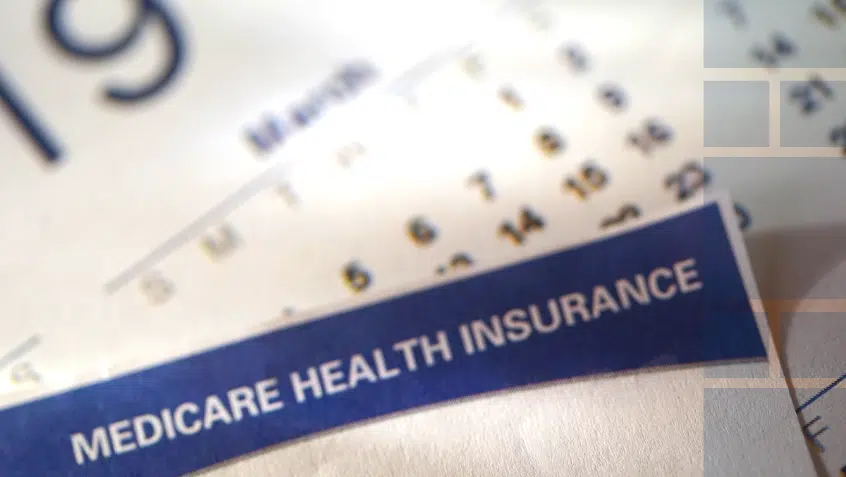Join Us Live for a Discussion on Medicare, Democracy, and the Future of Health Care
BENES Act Comments Due June 27 – Customize our Template and Weigh in Today

In April, the Centers for Medicare & Medicaid Services (CMS) released a proposed rule to implement elements of the Beneficiary Enrollment Notification and Eligibility Simplification (BENES) Act that were signed into law in December 2020. Those provisions included the following enrollment reforms:
- The BENES Act eliminated the months-long wait for coverage that people can experience when they sign up for Medicare during the General Enrollment Period (GEP) or in the later months of their Initial Enrollment Period (IEP). Beginning in 2023, coverage will begin the month following enrollment.
- It also reduced barriers to care by expanding Medicare’s authority to grant Special Enrollment Periods (SEPs) for “exceptional circumstances.” Starting in 2023, this critical tool will be available to facilitate enrollments program-wide, enhancing beneficiary access and administrative consistency. This mirrors flexibilities that have been available within Medicare Advantage and Part D for years.
As expected, the draft rules seek to effectuate these changes. CMS is also proposing to create the following SEPs, which would allow qualifying individuals to enroll without having to wait for the GEP and without being subject to a Part B Late Enrollment Penalty:
- An SEP for individuals impacted by an emergency or disaster. This would apply to beneficiaries who missed an enrollment opportunity because they were impacted by a disaster or other emergency as declared by a federal, state, or local government entity.
- An SEP for health plan or employer error that constitutes “material misrepresentation” of information related to timely enrollment. This would provide relief in instances where an individual can demonstrate that their employer or health plan materially misrepresented such information.
- An SEP for formerly incarcerated individuals that would allow individuals to enroll in Medicare following their release from correctional facilities.
- An SEP to coordinate with the termination of Medicaid eligibility. This would facilitate enrollments after the termination of their Medicaid eligibility, a timely flexibility given the eventual wind down of the COVID-19 public health emergency.
- An SEP for other unanticipated exceptional conditions. This would, on a case-by-case basis, allow CMS to grant an enrollment period when circumstances beyond the individual’s control prevented them from enrolling during an existing window.
Comments are due June 27. To help interested parties weigh in, the Medicare Rights Center drafted template comments responding to these proposals, and we invite all who are interested to use this document as a model to draft your own comments. We strongly urge edits to make the language your own, reflecting your unique work and experience. This could include adding your own views; stories from friends, family, or clients; or other topical information. Throughout the document, we offer suggestions in yellow highlights about how to customize your responses. We recognize some suggestions may be more relevant than others, depending on your area(s) of focus. Please feel free to use any helpful language, and to circulate this opportunity widely.
Use our template comments to weigh in by Monday, June 27.
To submit your comments, please follow the instructions on this page.
For more information about the proposed rule, see a CMS Fact Sheet and CMS Press Release.
Show Comments
We welcome thoughtful, respectful discussion on our website. To maintain a safe and constructive environment, comments that include profanity or violent, threatening language will be hidden. We may ban commentors who repeatedly cross these guidelines.
Help Us Protect & Strengthen Medicare
Donate today and make a lasting impact
More than 67 million people rely on Medicare—but many still face barriers to the care they need. With your support, we provide free, unbiased help to people navigating Medicare and work across the country with federal and state advocates to protect Medicare’s future and address the needs of those it serves.
The Latest
Most Read
Add Medicare to Your Inbox
Sign up to receive Medicare news, policy developments, and other useful updates from the Medicare Rights.
View this profile on InstagramMedicare Rights Center (@medicarerights) • Instagram photos and videos









